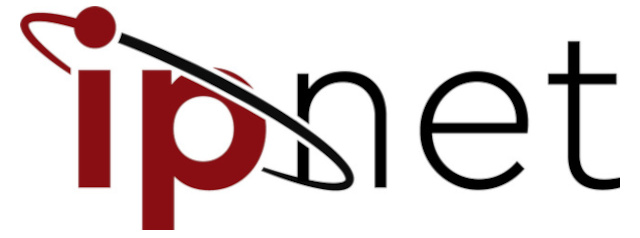J.H.P. Wilson, M. Sinaasappel
Erasmus MC, Rotterdam, The Netherlands
Crigler-Najjar syndromes (CNS) type 1 and 2 are characterised by markedly raised levels of unconjugated bilirubin. Despite phototherapy, patients remain at risk of developing bilirubin encephalopathy if unbound bilirubin concentrations in plasma exceed the binding capacity of albumin, or if bilirubin is displaced from albumin. The pharmacokinetics of drugs that undergo glucuronidation may be abnormal in CNS. We have drawn up lists of potentially unsafe drugs for our patients with CNS according to the following classification:
Drugs that increase the risk of kernicterus in CNS
· Drugs that compete for albumin binding. Any drug is potentially dangerous if it occupies > 5% of the binding sites on albumin, i.e. has a bound concentration > 15 μmol/l. (e.g. sulfisoxazole, sulfamethoxazole, dicloxacillin, cefoperazone, ceftriaxone)
· Drugs which increase production of bilirubin by reducing red cell survival (e.g. dapsone).
· In patients with Crigler-Najjar type 2, drugs which interfere with the induction of bilirubin UDP-glucuronyl transferase by phenobarbital (e.g. probenecid, St. Johns Wort?)
· Bilirubin exits the brain, and possibly the enterocyte, via p-glycoprotein. Drugs which inhibit p-glycoprotein will increase brain bilirubin concentrations and increase intestinal bilirubin re-absorption (e.g. verapamil, ceftriaxone, rifampin and herbals such as curcumin, ginsenosides, piperine, some catechins and silymarin)
· Drugs which affect mitochondrial function, could possibly increase bilirubin toxicity (e.g. salicylates, valproate)
Drugs with abnormal pharmacokinetics in CNS
Ten of our 18 CNS patients have mutations in the first 4 exons of the UDPGT1A gene, and are predicted to have abnormal glucuronidation of drugs conjugated by the UDGT1A isoenzymes (e.g. irenotecan, paracetamol, mycophenolic acid)
It should be emphasized that increases in bilirubin levels are not only caused by drugs. Causes of exacerbations of jaundice reported in a recent survey of 42 patients with Crigler-Najjar syndrome type 1 were respiratory infections, febrile illnesses, vaccinations, fasting, surgery, emotional stress, and non-compliance with treatment. However as drug-induced increases in total or free unconjugated bilirubin concentrations are preventable, patients and their doctors should take the above considerations into account when treatment is needed.
